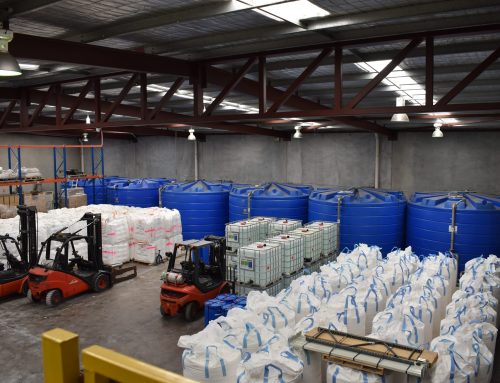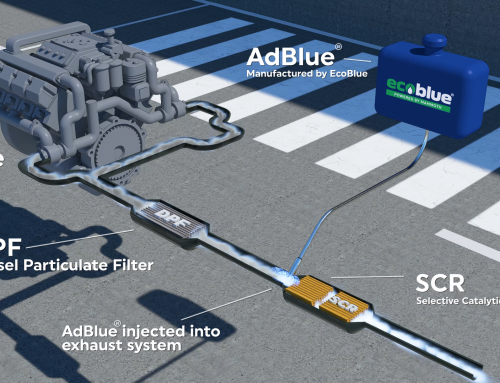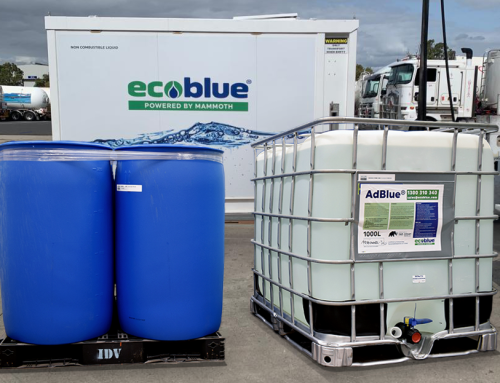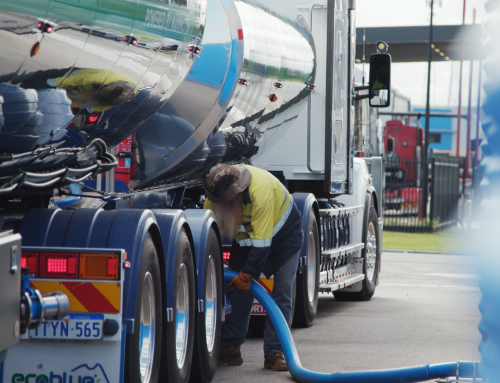Diesel exhaust fluid (DEF), most commonly known as AdBlue® ensures the clean running of modern diesel vehicles and machinery, but the requirements of diesel-powered marine engines require the use of AUS40 diesel exhaust fluid. What is AUS40 and how does it differ from AdBlue®.
What is AdBlue®?
AdBlue® is a composed of 32.5% urea and 67.5% deionised water. The aqueous solution is administered into the exhaust stream of diesel engines through the selective catalytic reduction (SCR) system, where it bonds to the nitrous oxide (NOx) gases. This causes a chemical reaction that converts the NOx emissions to harmless nitrogen and water vapour. AdBlue® is a trademarked type of Diesel Exhaust Fluid and is globally recognised as the standard for diesel exhaust fluid.
What is AUS40 Diesel Exhaust Fluid?
AUS40 essentially works the same as AdBlue® but is manufactured with a higher concentration of urea. Made with 40% urea and 60% deionised water, this DEF is regulated under the international standard (ISO 18611-1:2014).
The higher urea concentration compared with standard DEF is necessary for marine engines as they are larger and often operate under higher load and at increased temperatures
AUS40 vs AUS32 (AdBlue®)
The main reason marine engines use AUS40 instead of standard AdBlue® is because of the size and unique operating conditions of the diesel engines. The higher urea concentration compared with standard DEF is necessary for marine engines as they are larger and often operate under higher load and at increased temperatures in comparison to on-road machinery.
Is AUS40 Compulsory?
Every country sets their own regulations for emissions regulations. In North America and European water there are specific locations designated as Emission Control Areas (ECA), where air pollution is controlled and regulated. In Australia, AUS40 isn’t specifically compulsory, but NOx reduction systems are, meaning a form of DEF is required to operate in Australian waters. Where diesel-powered marine vessels are used solely for emergencies, such as a lifeboats, the NOx regulations do not apply. It is up to individual marine fleet companies to track and report their emissions in each country and ensure they’re compliant with local regulations.
What engines require AUS40?
Although it is formulated for marine applications, large fixed plant engines that operate under sustained high loads can use AUS40. Engines used in power generation are a key example of the need for DEF with a greater concentration of urea.
DEF has revolutionised our ability to run clean and low emission diesel engines. Like AdBlue®, the addition of AUS40 to marine vessels can reduce the harmful effects of NOx gases in the atmosphere that contribute to global warming. The unique operating conditions of a marine engine require a higher urea concentration to keep the SCR functioning optimally.






